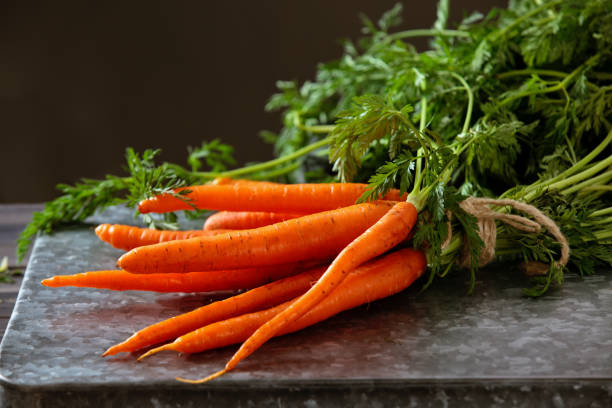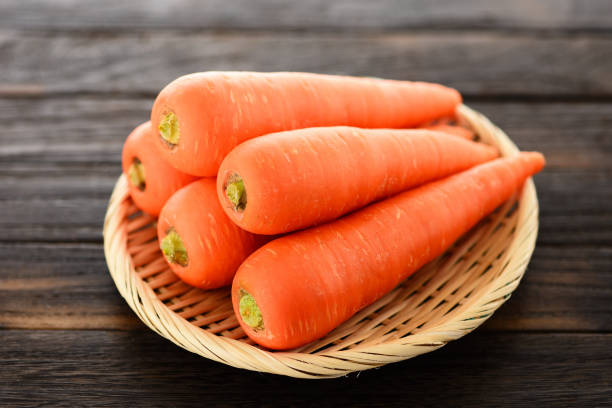Lower blood pressure

While carrots are well known for their vitamin A content, they also have a high potassium content. Potassium has been demonstrated to reduce blood pressure in many ways. Your kidneys filter your blood and eliminate waste. They require a healthy mix of water, salt, sodium, and potassium to perform this effectively. If you have too much sodium or not enough potassium in your body, your kidneys will be less efficient in removing extra fluid. The American Heart Association advises 4,700 mg of potassium and 1,200-1500 mg of salt per day. Carrots contain 410 milligrams per cup.
Vitamin C is well-known for its immune-boosting properties, but it also helps with blood pressure. One cup of carrots delivers 13% of the daily required amount of vitamin C. So, how can vitamin C aid with blood pressure? Oxidative stress can cause damage to the walls of your blood vessels. Vitamin C's antioxidant properties can help protect your blood vessels from damage. Furthermore, vitamin C improves the availability of nitric oxide. This is significant because nitric oxide relaxes the walls of your blood vessels. A relaxed blood artery allows blood to flow more easily enabling the heart to perform more efficiently.











